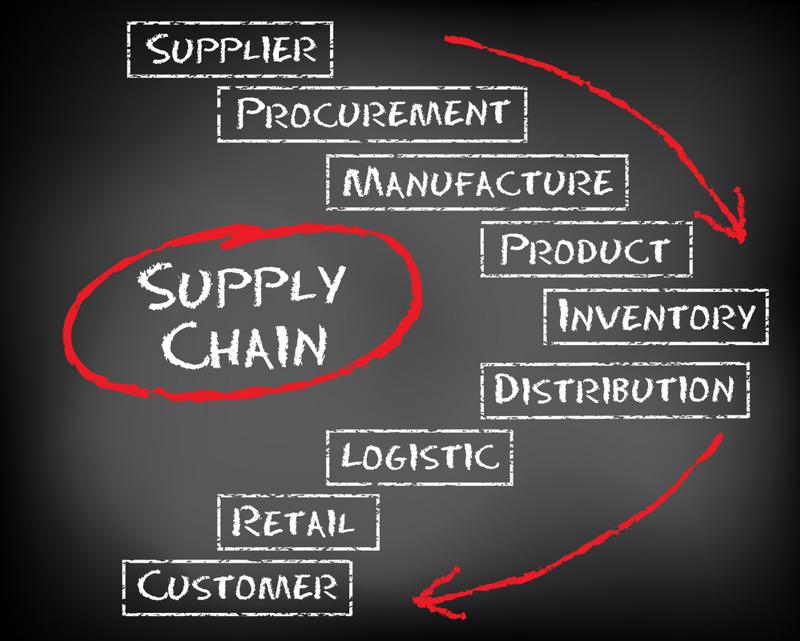
Tips for small businesses to nimbly overcome supply chain disruption
March 23, 2022 12:38 pm Leave your thoughts
As any owner of a business that makes things can attest, a grain or copper shortage, a transcontinental railway breakdown, a natural disaster or a strike of dockworkers in a major port city are all costly disruptions of the supply chain. There could be potential for legal issues when interruptions to the supply chain occur. It's worthwhile to gain an understanding of supply chain management (SCM) and tips for staying flexible amid slowdowns and suspensions to the production and distribution of your company's products or services.
What is supply chain management?
Managing the supply chain is a critical activity for any business engaged in forecasting demand for its goods or services, sourcing, making, distributing and returning. SCM enables a business to spot quality control or compliance issues, track inventory and adjust prices in real time.
What types of small businesses are most affected by supply chain disruptions?
Unlike Amazon, small businesses aren't able to overcome supply chain disruptions with their considerable resources like manpower, cash reserves or logistics capability. We have seen industries including food service, hotels, construction, professional services and health care crumble during the pandemic. While supply and demand contributed to the closure of small businesses in these sectors, the lack of available, qualified labor was chief among them.

Be ready to spot bottlenecks in your supply chain
Bottlenecks are the enemies of supply chain management. Think of a supply chain as a continuous cycle where a reduction in capacity (e.g., due to a reduced workforce or wildfires consuming a manufacturing plant) creates a weakness in the entire chain.
Learn how to anticipate those issues and overcome them with minimal disruption. To do this, you'll need to BE READY.
B – Buy what you need, whenever you can. We'd caution you against buying everything you can because of price volatility. You will regret buying at 15% higher than you would have if you'd waited a few weeks. You could also regret buying low and paying to store those hastily purchased items until they can be put into production.
E – Engage your suppliers in a conversation about how you can work with them to service their contract with you.
R – Review your inventory and cash flow regularly. Some businesses will shorten their reporting from quarterly to monthly or weekly, depending on changes in supply and demand for their products.
E – Efficient inventory management with an SCM software is critical to nimbly maneuvering around bottlenecks.
A – Assess the supply chain changes affecting your company and those occurring in any related industry that impacts your business.
D – Direct what you can and be transparent about what you don't have control over with your stakeholders and customers. Maintaining open communication with your customers is crucial to retaining and building loyalty.
Y – Your business processes, data and key performance indicators need to be ready to plug into an SCM for effective integration and roll out.

Supply chain management tools
As you might imagine, there are a great deal of SCM solutions to choose from. When deciding on an SCM software for your business, consider the following:
- Your industry type such as food service, retail or manufacturing.
- Ease of deployment — considering system requirements, customization, user interface and customer service.
- Price out-of-the-box and any associated costs to attain your desired functionality with the software.
- Scalability to fit the number of users your company needs and functionality across devices.
Gartner provides small businesses with detailed comparisons and reviews from vendors and customers if you're interested in investing in or upleveling your SCM.
The Law Offices of Donald W. Hudspeth, P.C. helps small businesses protect their interests. Contact us if you believe that a supply chain issue may rise to the level of harming your business.
Categorised in: Starting a Business in Arizona
This post was written by





